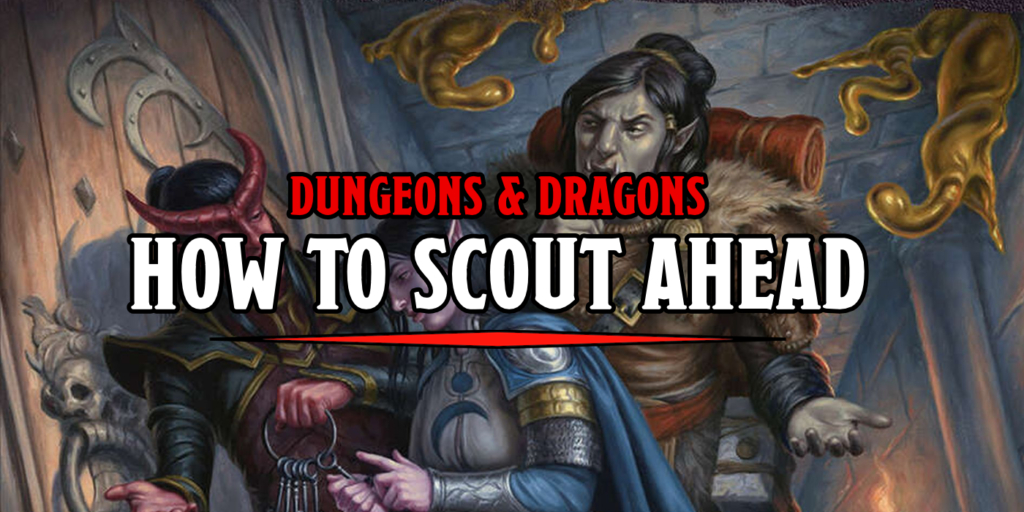D&D: Five Things To Look For When Making A Character
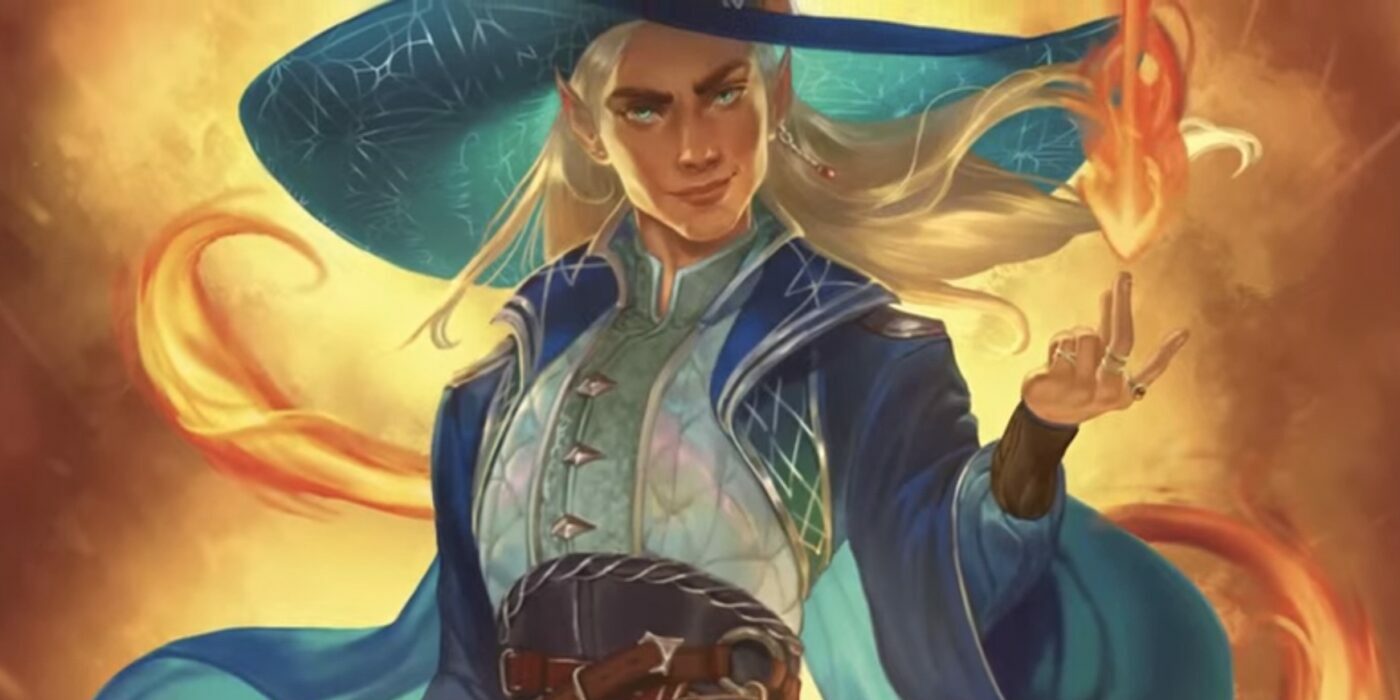
With a new edition rolling out, it’s the perfect time for a new character. Here are some things to keep in mind!
Making a character for a new game? Or making a new character in an old one? Whatever the occasion, if you’re making a character, you know by now all sorts of ways to figure out what you’re going to play. You might start with an ancestry – “I’m feeling particularly Flf-y today” or maybe a class – “I haven’t played a Fighter in a while”, but wherever you start, here are some things to keep in mind when making a new character.
Because whether it’s your first or your fiftieth, here are five secrets to making sure you have a great time..
Make Sure That You Like Playing Your Character
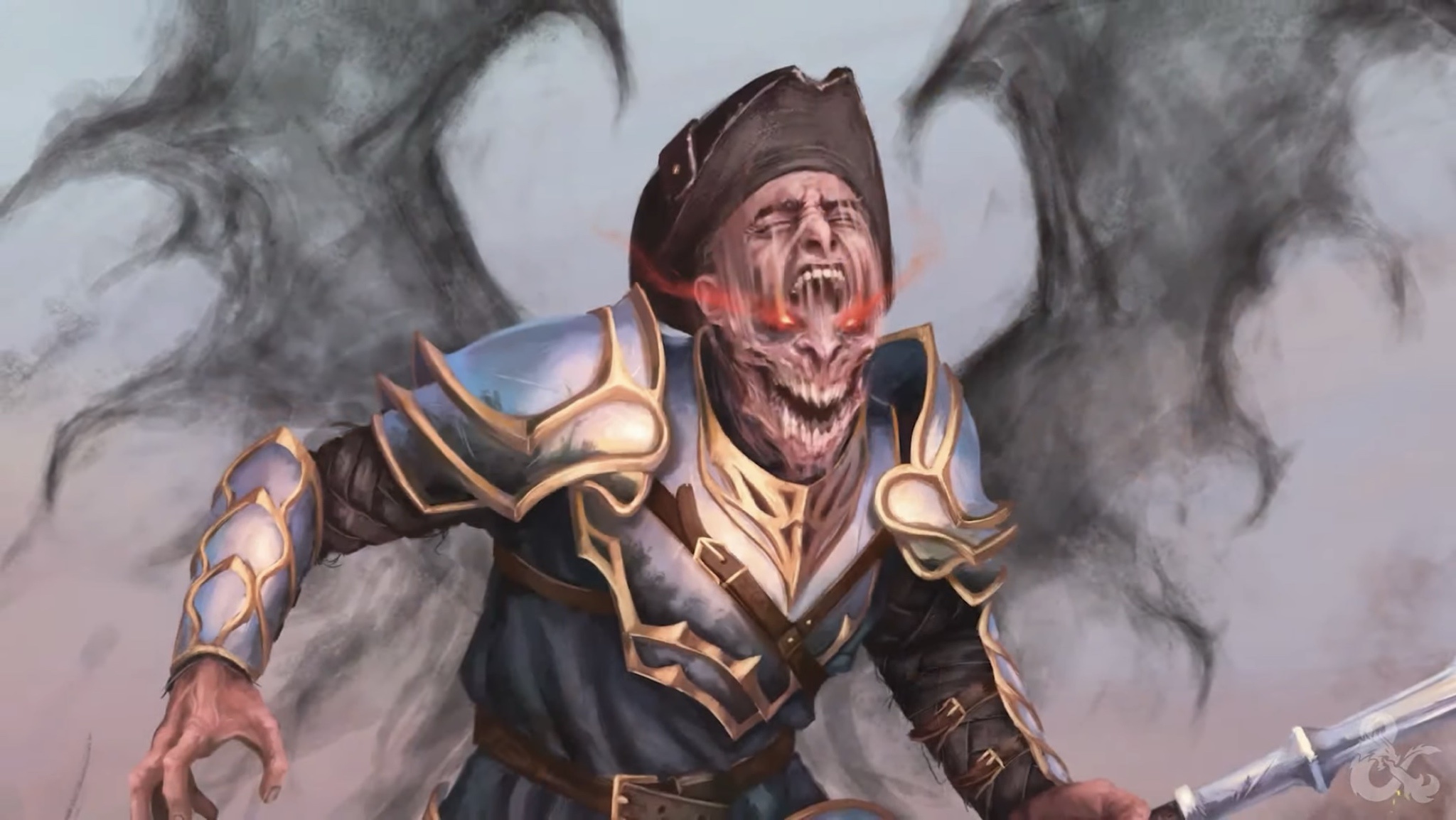
This should be obvious. It should go without saying that, if you’re going to be playing a character, you ought to enjoy it. But you know what? It’s absolutely worth saying it. One of the biggest things that can kill a game is that lackluster feeling of being stuck with something.
But if you want to make a good character, it doesn’t take a tragic backstory or a deep, rich motivation. The number one key is having a good time playing them. Either because you really like the way they are – a character’s personality can be infectious. Hopefully we’ve all had that one character somewhere who was just a joy to roleplay. But just as valid and just as deeply fun are the characters who are fun to play mechanically. If you like the “dicefeel” of your character, that goes a long way towards making one of those memorable characters that come up any time you reminisce about the games of D&D past.
Fit The Character To The Game
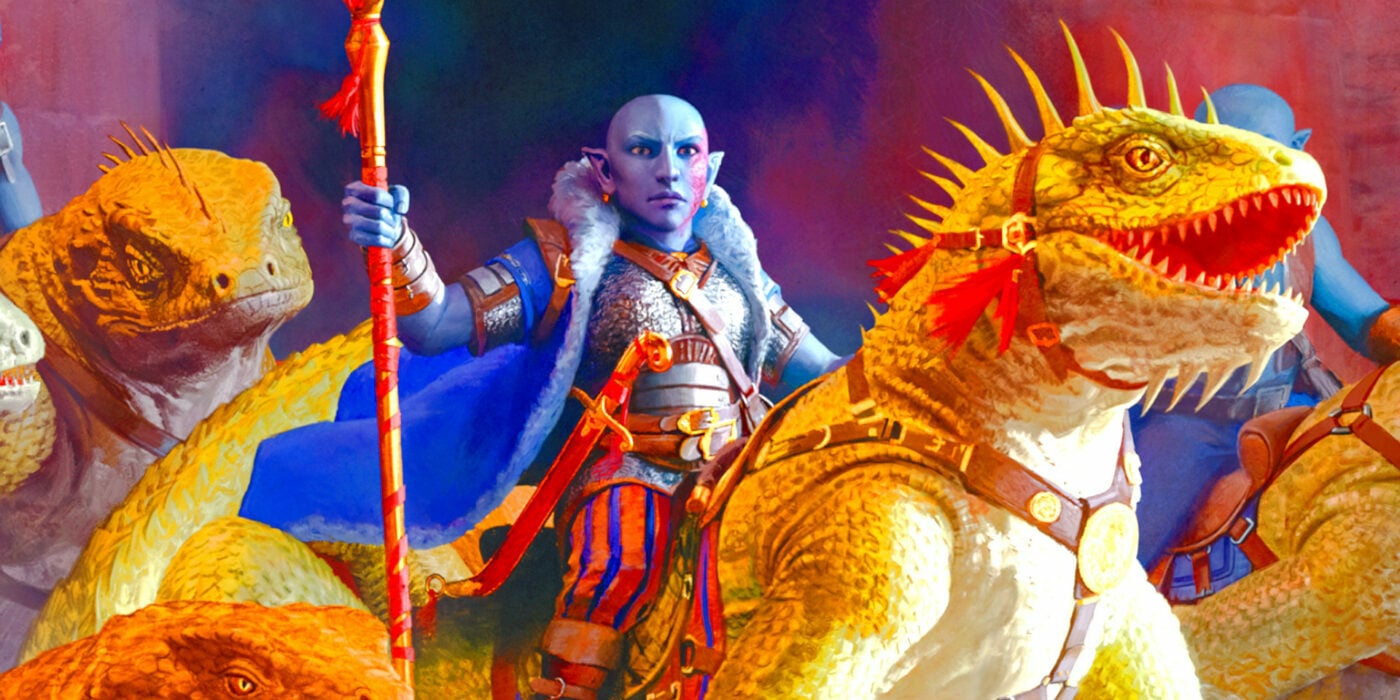
One of the more recent terms in RPGs is the concept of a “session zero”. This is when you talk about the game you’re about to play and sort of adjust the dials. Players and the DM might gather to make characters together (always a fun time), and you start talking about what kind of game you’re going to play.
But even if you don’t have a session zero, you can still ask what sort of game you’re playing. And it’s not just about fitting the tone and mood of the game, though that’s part of it. Playing a horny bard in a game that’s meant to be dark fantasy might rub against the grain, which isn’t inherently bad, but that tonal mismatch is one thing you’ll have to work around.
But also, make sure that your character fits the mechanics of the game too. If you want to play a daring thief who uses skillful maneuvers to do all sorts of combat tricks, you might be better off playing a Fighter than a Rogue. Or if you want to be a Necromancer, you’ve got to learn how the game might let you do it, if even at all. And depending on what your vision of a Necromancer is, you might be better off trying to come up with a different concept than squeezing “well this sort of works” out of D&D’s ruleset.
Have Something To Be Excited About Right Away
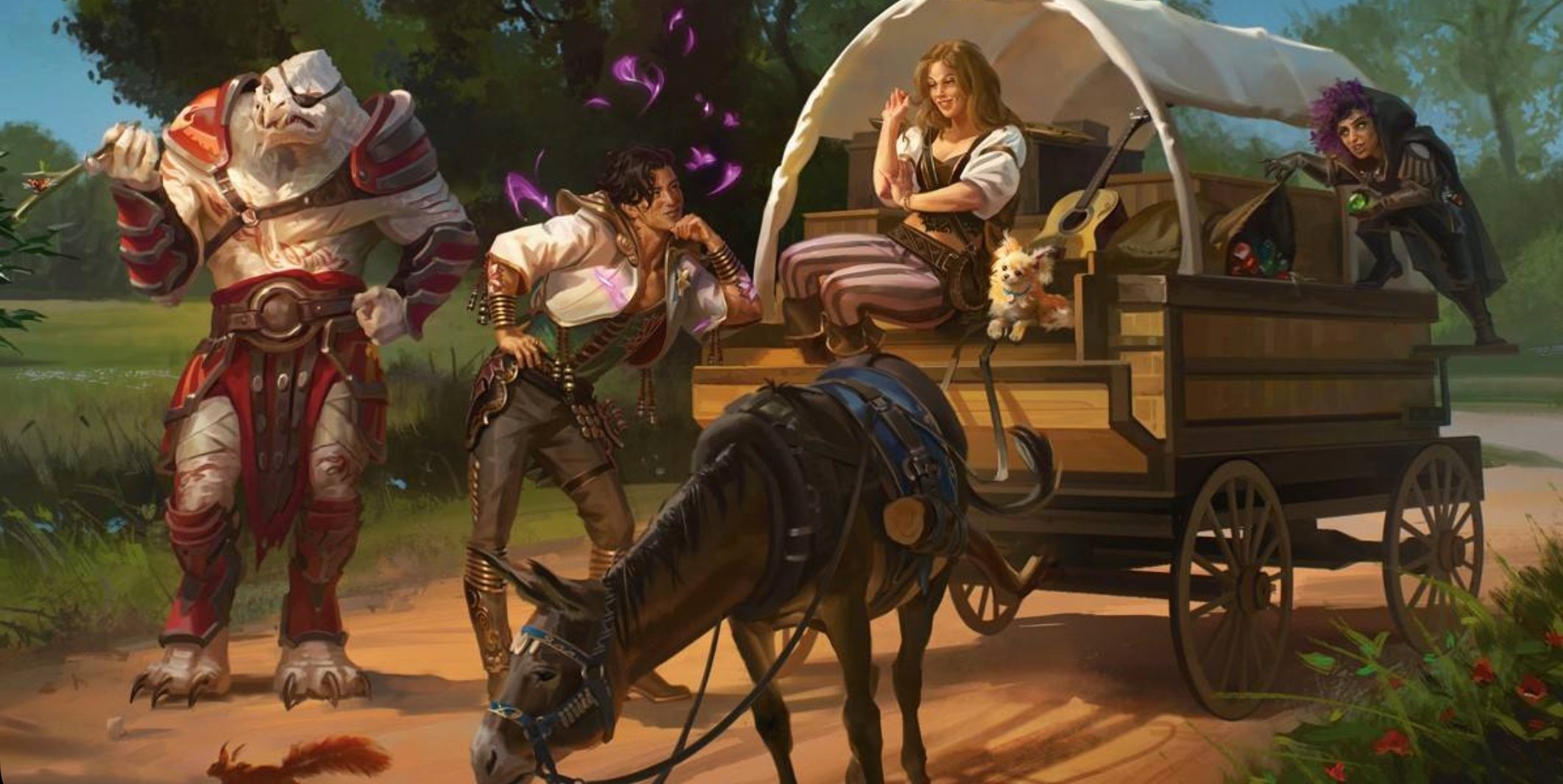
In a tabletop RPG, there are plenty of things to lok forward to once you’ve been playing for a while. The Player’s Handbook is full of aspirational goals. Level 19 Epic Boons, Level 20 Capstone features. But even characters that don’t “come online” until level 4 fall into the aspirational category. But if you are playing the game at lower levels, having something that you like on day one is super important.
Because pacing may not be what you hope it is. You can’t control that. Either because of the vagaries of what the party decides to do and in-game things, or because of out of game stuff, like scheduling, the ultimate monster. You wouldn’t want to sit around for three months hoping to one day play the character you want.
Even if you know you’re going to do some sort of multiclass build, it’s better to start with something that you can enjoy right off the bat. Because, like Act 1 in Baldur’s Gate 3, you never know how long you’re going to be enmeshed in it.
Make Sure The Rest Of The Table Likes Your Character
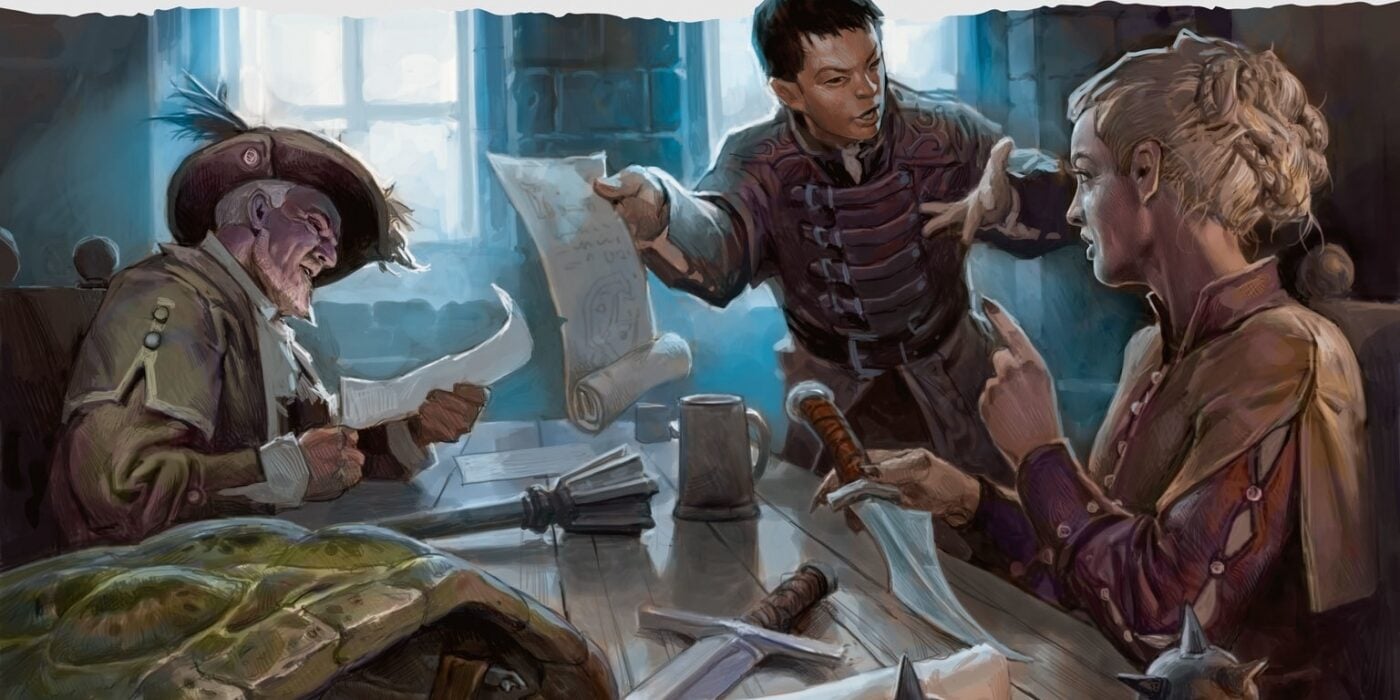
A close parallel to the first entry in this list; making sure that your character is liked by the others at the table is pretty good. It doesn’t have to be “in-game” – plenty of the best campaigns have that interparty drama but everyone at the table is all good. It takes a little work to separate character from player, but usually just being able to say “oh that was sick bro” about something that would annoy a character in the game can do the trick. Like hugging it out after a rap battle.
But it helps if you can get the rest of the table on board with who you are. Look for what lights them up. Or pitch them your own excitement about the your character. Enthusiasm is infectious. And often a two-way street. So be interested in the other players’ characters too.
Make A Character That Can Change
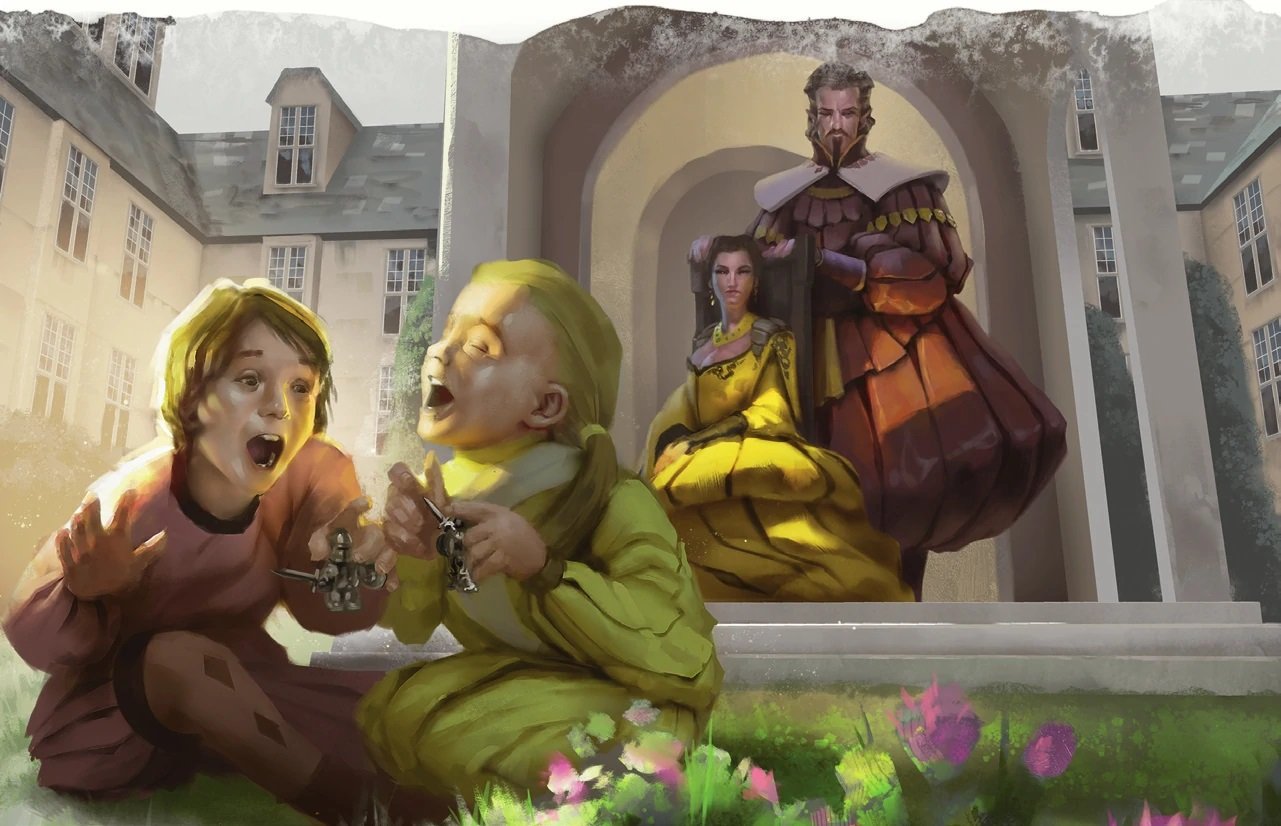
People often talk about character arcs these days. Especially with popular livestream campaigns showing remarkable character development in relatively little time. But one of the best things you can do for your character at the start is to have an idea with some built in room to grow. This can be, in some ways, a character flaw – “oh my character needs to work on trusting others” or “my character thinks that no one in power would ever willingly do something bad”. But you could also leave room to fill in who they are. Maybe you don’t have a fully fleshed out backstory and can flesh it out as the game goes on.
Or you let those memorable rolls shape your character. Made a lucky save? That can leave a mark (positively) on someone. Basically this just boils down to “leave a little space for the game to start filling in” so you can see where you end up.
And remember, there’s almost never a bad time to play a weird little guy.


